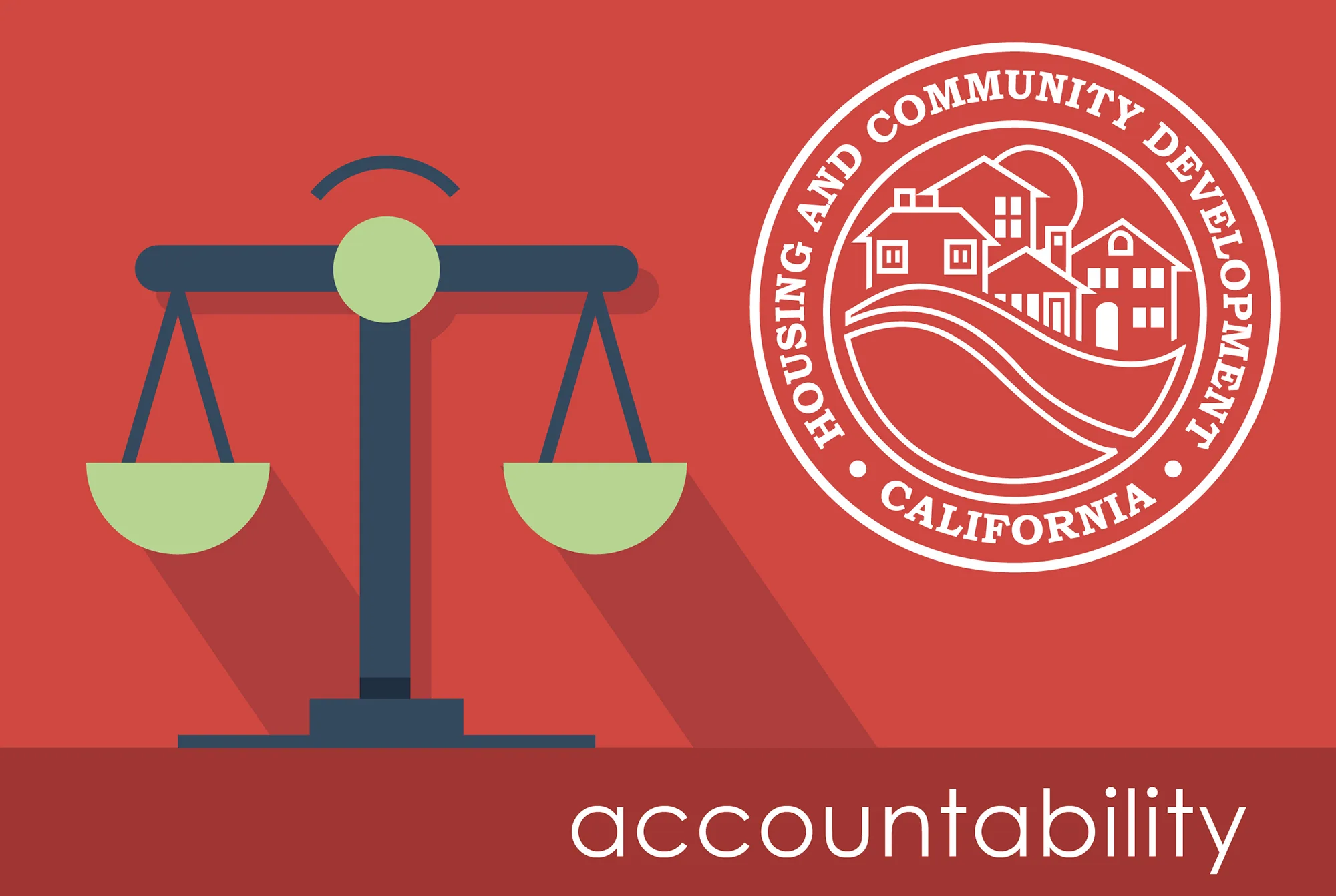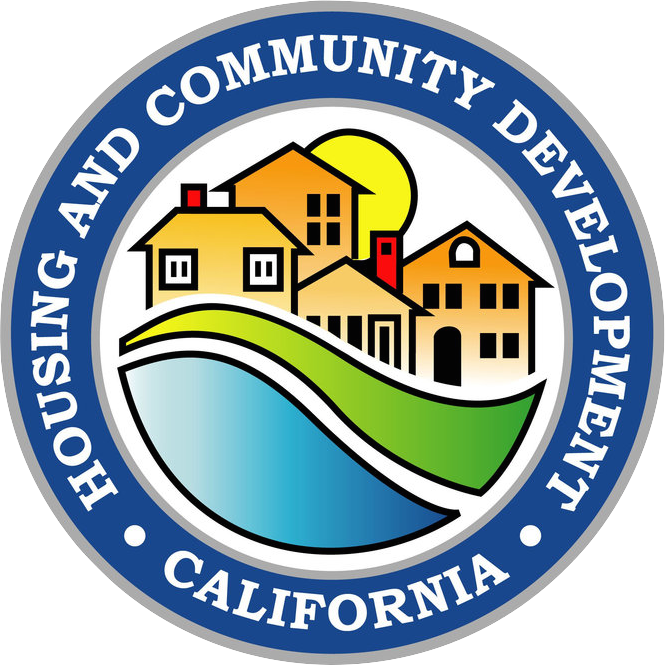Newsom Administration, Attorney General Bonta: Court Denies Norwalk’s Attempt To Dismiss State’s Lawsuit Over Unlawful Housing Ban
February 19, 2025
February 19, 2025

California Governor Gavin Newsom, Attorney General Rob Bonta, and California Department of Housing and Community Development (HCD) Director Gustavo Velasquez issued the following statements after yesterday’s decision by the Los Angeles County Superior Court to deny the City of Norwalk’s attempt to dismiss the state’s lawsuit over the city’s unlawful ban on emergency shelters, supportive housing, single-room occupancy, and transitional housing:
“No community should turn its back on its residents in need. We will continue to hold Norwalk accountable for its failure to reverse this cruel and unlawful ban,” said Governor Gavin Newsom.
“We are pleased to proceed with our case and to protect the public’s interest in the rule of law. Norwalk’s ban on new housing for unhoused individuals and lower-income households at risk of homelessness is illegal,” said Attorney General Rob Bonta. “At a time when affordability issues are a top concern for Californians, we should be doing everything in our power to help — not hurt — those struggling to keep a roof over their heads or lacking housing altogether. We look forward to holding the city accountable.”
“Far from being a threat, availability of safe shelter and supportive services brings stability and makes communities stronger," said HCD Director Gustavo Velasquez. “We will continue to fight to hold Norwalk and all others accountable for planning for the housing needs of residents at all income levels."
Filed on November 4, 2024, the lawsuit by Attorney General Bonta, Governor Newsom, and HCD Director Velasquez alleges that Norwalk has violated (1) California’s urgency ordinance statute; (2) the Housing Crisis Act; (3) the Housing Element Law; (4) the Anti-Discrimination in Land Use Law; (5) the Affirmatively Furthering Fair Housing Law; and (6) the by-right laws for supportive housing and emergency shelters.
A copy of the court’s tentative decision, which the court adopted as the final ruling at yesterday’s hearing, can be found here.

